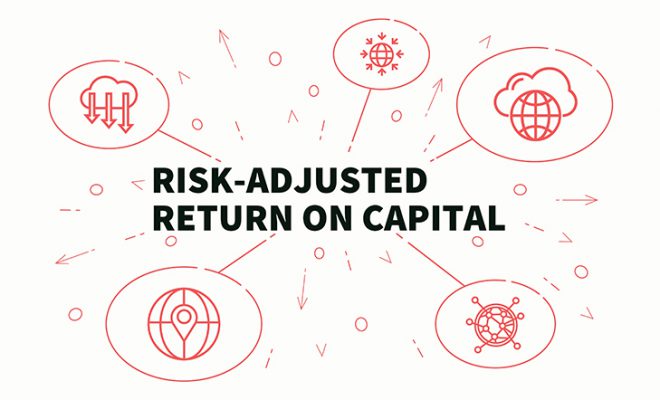What should every 50-something know about an Emergency Fund

The road to retirement is long, and even after you get there, you have many years ahead of you! According to a recent Huffington post, there has been an increase of 44% in the number of centenarians in America since 2000. With 70s being touted as the new retirement age, if you are in your 50s, you still have many years ahead of you, regardless of when you retire. While planning for retirement, many people focus on retirement accounts like 401 (k) plans, traditional IRAs, etc. Their liquid cash is limited to their routine expenses. This leaves out one of the most important aspects of retirement planning, which is an emergency fund!
What is an Emergency Fund?
An emergency fund is money that is ideally kept aside in liquid cash or in an easily accessible account. An emergency fund should be for emergencies alone and tapping into it for routine expenses should be avoided, unless absolutely necessary.
Why should Retirees have an Emergency Fund?
If you are in your 50s, chances are that you are either nearing retirement or may have already retired. Most retirees stop saving for emergencies after they hit retirement, thinking they have their retirement fund to back them up. Healthcare costs can double in old age and your Medicare and health insurance may not cover everything. You may think your children are all grown up, but they could have a financial emergency. Accidents, natural calamities, general expenditure, the death of a loved one, etc. can bring in unexpected expenses. An emergency fund should be an integral part of your retirement planning, both before and post retirement.
What kind of Emergencies should an Emergency Fund cover?
- If you are still working in your 50s and lose your job or decide to take a short break for any reason
- An emergency with your adult children
Despite insurance, sometimes you may have to spend on the following:
- A home repair emergency
- A car repair emergency
- A medical emergency
In these unforeseen times, it is better to dig into your emergency fund rather than burdening yourself with credit card debts or personal loans.
How much to save for an Emergency Fund?
An emergency comes without a warning and so there are no fixed numbers for an emergency fund. Depending on your lifestyle, health, family situation, and the like, your likelihood of meeting with an emergency may differ. As a rule of thumb, it is advisable to adhere to the following guide:
- If you have no dependents: If you are single or have no immediate family around you, you should keep aside at least 3-4 months worth of your current living expenses. This should include expenses like, mortgage, credit card debts, groceries, rent, gas, etc.
- If your family is dependent on you: If your children or spouse are dependent on you, you should keep aside at least 6-7 months worth of your current living expenses aside.
- If you are you a high-income earner: High wage earners usually tend to direct all of their income into investments as part of their retirement planning goals. Avoid this mistake and give an equal share to your emergency fund!
- If you are retired or on the verge of retirement: With no steady source of income, you must have kept aside at least 12- 18 months of your current living expenses. Without an emergency fund, you will end up consuming your retirement money.
Calculate how retirement may affect your living expenses. Other factors can include the nature of your job. For example, if your work has a high injury rate, or if it entails higher chances of regular layoffs, then you should give more weightage to emergency funds as part of your retirement planning goals.
Where and how to Save for an Emergency Fund?
Don’t think of your emergency fund as an investment and steer clear of stocks and bonds. Your emergency fund should be liquid, so you can withdraw it anytime and from anywhere. Here are some suggestions:
1. Roth IRA v/s Traditional IRA: An emergency fund is an important part of retirement planning, but unlike your other investments and savings, an emergency fund should always be easily accessible. It should be kept in accounts that don’t trigger tax, penalty fees, etc. Many people keep all their retirement savings in traditional IRAs. A traditional IRA will trigger tax on withdrawals. The same goes for a certificate of deposit or CD. If withdrawn before maturity, a CD will trigger penalty fees. Instead, a Roth IRA is a better alternative if you are in your 50s. Withdrawals after the age of 59.5 are penalty-free and trigger no taxes.
2. Savings account v/s Current account: A savings account limits you to a maximum of six withdrawals in a month, as per federal regulation D. This can be problematic in case you meet with an emergency and need to withdraw more money. It is better to link your savings account to your checking account. You can transfer money to your current account in case of any emergency and leave the rest in your savings account for future expenses. You can also opt for high yielding savings account for better interest rates.
To sum it up
An emergency fund is a very important aspect of retirement planning, one that should never be ignored. Forbes reports that between the ages of 55 to 64, only 58% of women had an emergency fund, in comparison to 82% of men. This is an alarming statistic and puts light on how important it is for both women and men to include the chances of emergencies in retirement planning.
Are you unsure if your emergency fund is sufficient to deal with unforeseen expenses? Don’t worry! You can cross-check with experienced financial advisors today!












